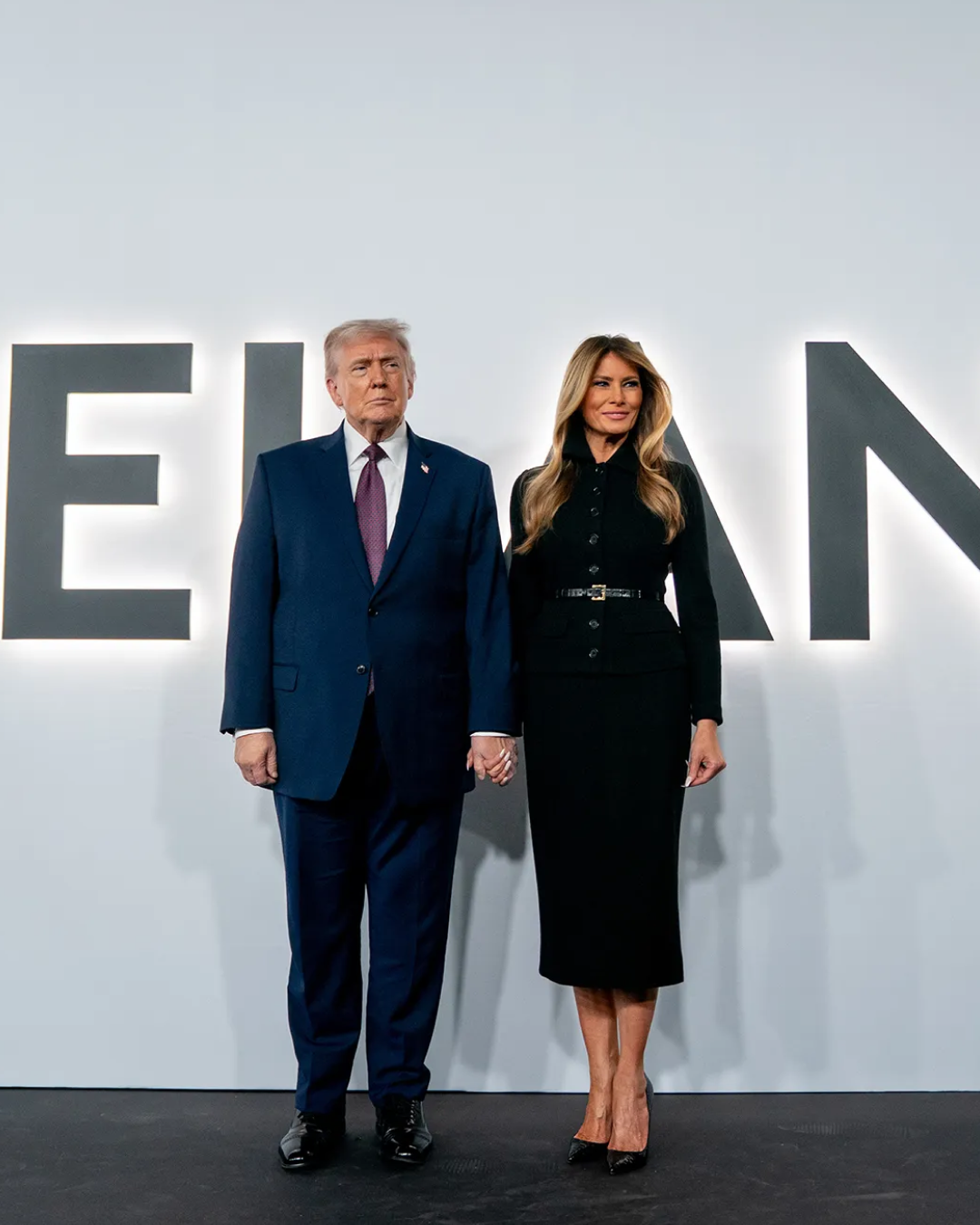
U.S. tariffs are hampering the growth of Chinese e-commerce platforms But companies have already found a way around them
Recently, the new 10% tariffs on imports from China announced by Donald Trump as the new President of the United States have come into effect. Although widely expected, this is a significant decision, given that China is one of the main trading partners of the United States, with imports exceeding 400 billion dollars. Chinese President Xi Jinping has announced that he will in turn introduce a 15% tariff on U.S. imports of coal and natural gas, and a 10% tariff on oil and agricultural machinery. One of the reasons Trump has imposed new tariffs on China is to counter a loophole used by some major Chinese e-commerce companies, such as Temu and Shein, to bypass taxes already introduced in 2018 during his first term. Specifically, Trump's measure eliminates the trade exemption known as "de minimis", which allowed companies to ship packages valued under $800 to the United States without paying customs duties. This clause, in recent years, had been increasingly exploited by China. According to reports from the broadcaster CNBC, in 2024 alone, the United States handled over 1.3 billion "de minimis" shipments, compared to 139 million in 2015. The Biden administration had already taken steps to limit the abuse of this exemption, arguing that it unfairly favored Chinese e-commerce companies, allowing them to offer products at extremely low prices.
Donald Trump:
— Art Candee (@ArtCandee) February 1, 2025
“Tariffs don’t cause inflation, they cause success. They cause big success. We're going to have big success."
This man is going to crash our economy. pic.twitter.com/ulCfeM83Xq
The "de minimis" system has indeed enabled companies like Temu and Shein, as well as AliExpress, to be extremely competitive within the U.S. market, attracting millions of consumers. Not surprisingly, in 2024, Temu was the most downloaded free app in the United States—a milestone it reached for the second consecutive year. With the removal of the "de minimis" exemption, Temu and Shein have begun diversifying their strategies. The former has started collaborating with Chinese sellers who have inventories in U.S. warehouses, reducing shipping times. Shein, on the other hand, has invested in opening distribution centers and logistics hubs in the United States. Another major company adapting to these changes is Amazon, which has historically facilitated connections between Chinese manufacturers and U.S. buyers. Recently, the company launched "Haul," a new platform that allows sellers to ship directly from China, aiming to maintain competitive prices and offset the impact of the new customs duty restrictions. Amazon might even benefit from the end of the “de minimis” system, as it operates as a marketplace and does not directly rely on fragmented shipments. Instead, it can integrate more efficient logistics strategies to maintain the supply of low-cost products. On the one hand, therefore, the prices of Chinese products could increase due to the new tariffs, but on the other, individual companies may adopt more localized distribution models to circumvent restrictions, thereby reshaping the dynamics of international trade.
@officialmariozelaya To my American friends, you’re going to get hit with inflation as a result of these tariffs - the cost of goods will go up. And whatever you think the tax reduction may be (if it ever happens), will be wiped out by the increase in the costs of goods. #Trump #USA #Tariffs #SHEIN #TEMU original sound - Mario Zelaya
The international community has sought to limit the use of tariffs since the 1990s, partly due to the increasing number of countries joining the World Trade Organization (WTO). This entity aims to promote global free trade and prohibits its members from applying tariffs on each other. However, there are some exceptions to this rule, which have been widely exploited in recent years. This is the case, for example, with all the measures already applied to China during Joe Biden's administration, aimed at limiting its rapid technological advancement. Last year, the European Union proposed heavier customs tariffs on low-cost imports. Trump has recently not ruled out the possibility of introducing tariffs on European countries—sparing only the United Kingdom, as it left the Union five years ago. Various European government representatives have, however, made it clear from the outset that they would respond cohesively and just as firmly to any such decision by Trump. More generally, under the new and at times controversial U.S. administration, the global e-commerce landscape could undergo a significant transformation, with direct repercussions for Western consumers and major industry players.















































